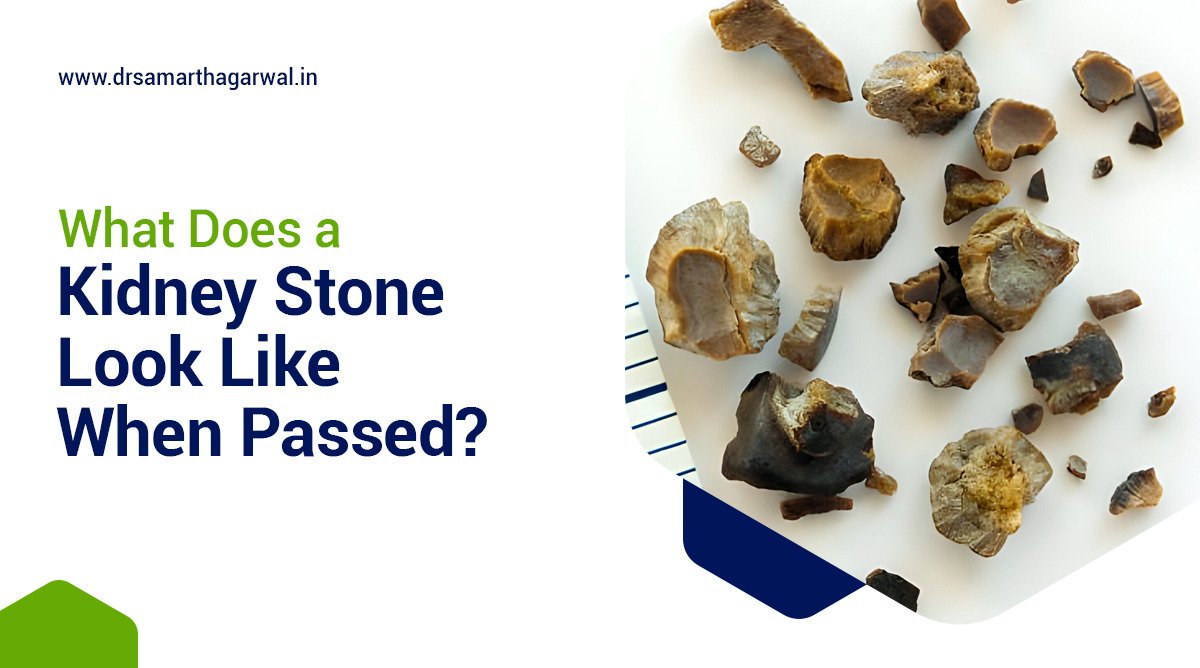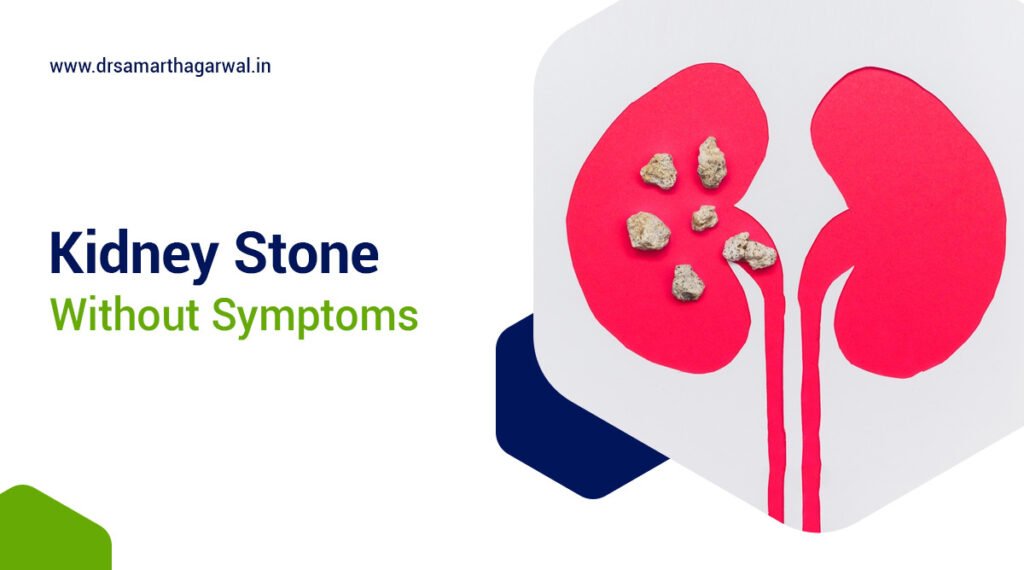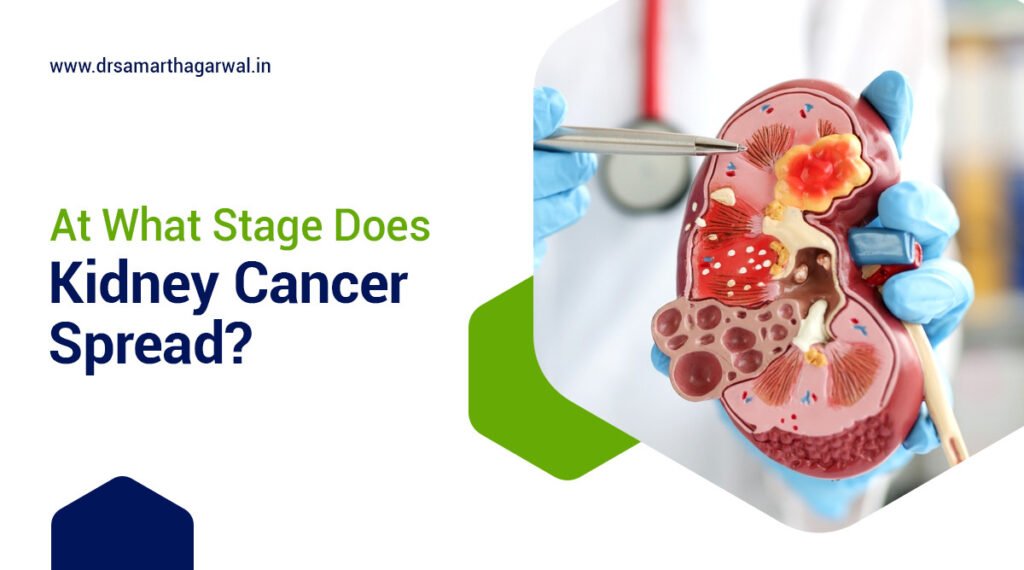Kidney stone treatment usually involves a combination of medication and self-care techniques to help manage the symptoms and facilitate the passage of the stone. The goal of treatment is to alleviate the discomfort and pain associated with kidney stones, as well as reduce the risk of complications.
The symptoms of kidney stones include severe pain in the side or back, nausea and vomiting, frequent urination, and painful urination.
The causes of kidney stones are numerous, including bowel disease, family history, and diet. The formation of kidney stones can also be influenced by certain medical conditions, such as inflammatory bowel disease, and may be more likely to occur in people with a family history of kidney stones.
Treatment options for kidney stones vary depending on the size and location of the stone. Small stones may pass on their own with the help of medication and fluids, while larger stones may require surgical intervention.
What Color Is a Kidney Stone when You Pass It?
The color of a kidney stone when you pass it is usually brown or yellow.
Passing a kidney stone can be a painful and uncomfortable experience. Kidney stones are little crystals that form into pebble-like stones in the kidneys, and they can vary in size, shape, and color. The color of a kidney stone when you pass it is predominantly brown or yellow, and they can be smooth or jagged. When a kidney stone forms, it can move around within the kidney or pass into the tube that connects the kidney to the bladder.
If you have kidney stones, you may not have any symptoms until the stone moves around in your kidney or passes into your ureter. The symptoms of kidney stones can include severe pain in the side or back, pain that spreads to the lower abdomen or groin, frequent or painful urination, and nausea and vomiting. If you suspect you have a kidney stone, it is essential to seek medical attention to receive proper diagnosis and treatment.
Treatment for kidney stones often depends on the size and location of the stone. Small stones can pass on their own, but larger stones may require medical treatment, such as medication to help break down the stone or surgery to remove the stone. To prevent kidney stones from forming, it is crucial to drink plenty of water, limit your intake of oxalate-rich foods, and reduce your sodium intake. Additionally, eating a diet low in animal protein and high in citrus fruits and vegetables can help prevent kidney stones.
Do You Bleed when You Pass a Kidney Stone?
Yes, you may experience blood in your urine when passing a kidney stone.
Passing a kidney stone can be a painful and uncomfortable experience. Kidney stones are clusters of crystals that form from various substances in your urinary tract. Stones pass out of your body in your urine on their own, but they can cause blood in the urine, which is a common symptom of kidney stones. In fact, most people with kidney will have blood in their urine, also known hematuria.
When a kidney stone is passing through your urinary tract, it can cause and inflammation, leading to bleeding. The bleeding may be visible, or it may only be detected a urine test. In addition to bleeding, you may experience severe pain in your lower back, belly, or, as well as nausea and vomiting.
It is essential to seek medical attention if you experience blood in your urine, as it can be sign of a kidney stone or other underlying condition. A healthcare provider may prescribe medication for your and any nausea or vomiting, and may recommend testing to determine the cause of the bleeding.
In some cases, a kidney stone may not cause any symptoms at all, and the first indicator of a problem may be blood in the urine. However, if you experience severe pain, nausea, vomiting, or fever in addition to blood in your urine, seek medical attention promptly.
Do You Pee when Passing a Kidney Stone?
Yes, you may experience blood in your urine when passing a kidney stone.
Passing a kidney stone can be a painful and uncomfortable experience. Kidney stones are clusters of crystals that form from any other substances in your urinary tract. Stones pass out of your body in your urine on their own, but they can cause blood in the urine, which is a common symptom of kidney stones. In fact, most people with kidney will have blood in their urine, also known hematuria.
When a kidney stone is passing through your urinary tract, it can cause and inflammation, leading to bleeding. The bleeding may be visible, or it may only be detected a urine test. In addition to bleeding, you may experience severe pain in your lower back, belly, or, as well as nausea and vomiting.
How do I know if I passed my kidney stone?
You have passed a kidney stone if you experience a decrease in pain intensity and changes in urine color.
Stages of passing a kidney stone:
The process of passing a kidney stone can be divided into four stages: 1) the stone moves into the ureter, 2) it travels down the ureter, 3) it reaches the bladder, and 4) it expelled from the body. Each stage is accompanied by distinct symptoms and characteristics.
What Are the Different Types of Kidney Stones?
There are four main types of kidney stones: calciumalate stones, which are the most common type, accounting for about 80% of all stones; uric acid stones, often with gout and diets high in meat and; struvite stones, often caused urinary tract infections; and cystine stones, a rare type caused by a genetic disorder.
How Long Do Kidney Stone Symptoms Last?
Kidney stone symptoms can last anywhere from 20 minutes to several weeks, with waves of severe pain lasting 20-60 minutes, and the entire process taking one to four weeks for the stone to pass.
How Do I Know if My Kidney Is Bleeding?
If your kidney is bleeding, you may blood in your urine, which can appear red, pink, or brown. You might not see it with the naked eye, but a urine test can detect it.
Are Kidney Stones Visible when Passed?
Kidney stones are not usually visible when passed, as they can be small and fragments may be tiny, in some cases, they can be seen in the toilet bowl or in a strainer.

Contact Dr. Samarth Agarwal if you suspect that you have kidney stones.






